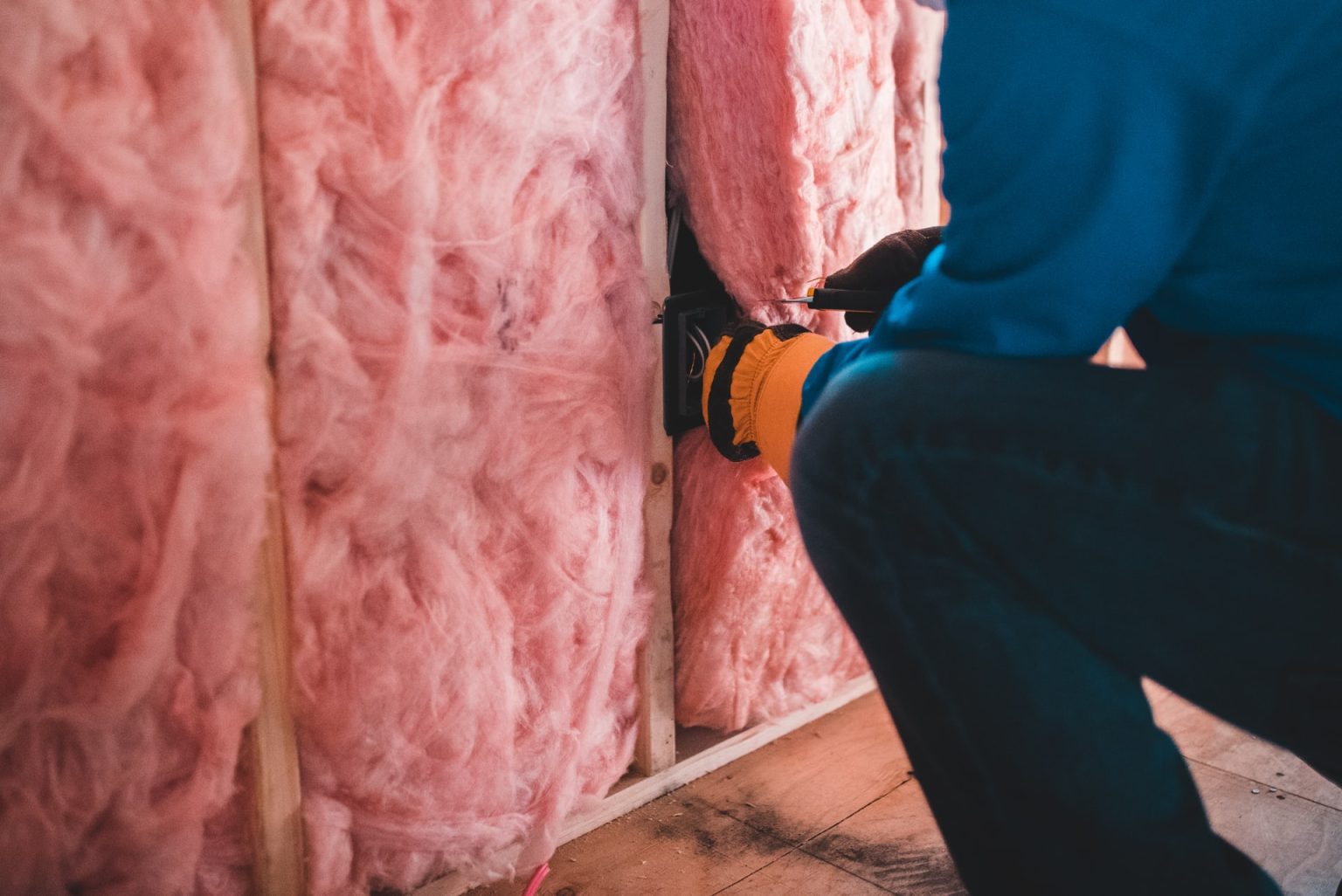INTRODUCTION
For ages, construction has been one of the significant ways through which human settlements have managed to blossom. With the construction, the first thing that clicks is how to give it a heavy-duty touch. Here, heavy-duty implies the sturdiness so that it can maintain the integrity of the structure and thermal resistance so that the necessity to call the fire brigades doesn’t arise. We also need it to be acoustic-friendly so that an inhabitant doesn’t suffer any disturbance. And last but not least, the construction should be firm enough for it to not catch any electrical fire.
Consequently, to restrain the structure from heat, sound, and electricity, insulators come into the picture. Let’s begin this blog with our best learning curve for the topic PUV VS Rockwool insulated panels.
What is PUR? And Rockwool Insulated Panel?
Both of these are insulators. Polyurethane is often used as PUR or PU in the form of an abbreviation in product names. Polyurethane resides in the family of polymers which is composed of organic chemicals and is a combination of carbonate links. Since the 1960s, it has been used in construction as a high-geared insulation material.
Rockwool insulation is a mineral fiber insulation that has a basis of the rock and is made up of Recycled Slag and Basalt rock. Slag is a consequence of the copper and steel industry. Basalt is a volcanic rock, and to turn them into usable fibers, these minerals have to go with the melting process.
Differentiating based on an insulating core
The insulating core of a polyurethane panel is rigid polyurethane foam. While manufacturing, the PUR foam is placed between metal supports which causes it to form like a single large block of stone. Forms an outstanding insulating property by solidifying and fusing when it comes in contact with air. It is the most palpable choice for the majority involving construction insulation projects. As it is lightweight, effective, and can be used in materials with a wide range. And because of its strength to weight ratio and lower thermal conductivity, it’s also the reason to become eye-catching for many projects.
Rockwool, which is also known as mineral wool, is the insulating core of a Rockwool panel. It forms a monolithic product by affixing between the sheets. Rockwool is a substance containing fiber spun by melting igneous minerals like ceramics and slags.
Following are the differences between these Insulated Panels
- Thermal behavior;
- Acoustic isolation;
- Insulation value;
- And the manipulation and installation in place
Thermal behavior
The thermal conductivity of PUR is in the range of 0.021-0.028W/ (m*K), while the same values for mineral wool are between the range of 0.020 and 0.040W/ (m*K). Despite a close call, we would have to choose the best. So if we look at it in this way, rock wool is a mixture of inorganic substances and therefore doesn’t levitate the spread of flames. Where polyurethane is made up of organic substances, so without any help, it tends to give a spark into the flame.
What does it imply? Now, this clears the fact that if you see the product with good resisting fire, it’s a rock wool insulating product. And if you want your product to resist the fire for 1 hour or 3 hours, you should use Rockwool RWA45 Insulation.
Acoustic Insulation
Rockwood panel is the perfect product to prevent the passing of noises. Rockwool fiber just shatters the sound waves, which results directly in a significant decrease in the intensity.
Insulation Value
Polyurethane provides a better insulation value than it gives in rock wool. What is meant by that? Let’s answer it with an example. Shall we! A polyurethane panel of 60 mm thickness isolates with the same intensity as it will do the job with a 90 mm thick rock wool panel.
Manipulation and installation
With the evidence to the fact that rock wool has a bigger mass than PUV, which makes handling the rock wool difficult, and the installation of the panels too. But above all, it requires a good amount of skill to get it done, which elevates the sourness of our sweat. Nonetheless, it is worth the effort and money if we look at the performance.
Conclusion
These were some of the differences between PUF And Rockwool Insulated Panels. If you want to get some of the best panels for your home, get in touch with us today. Check out https://buildersinsulation.co.uk/ to know more.

